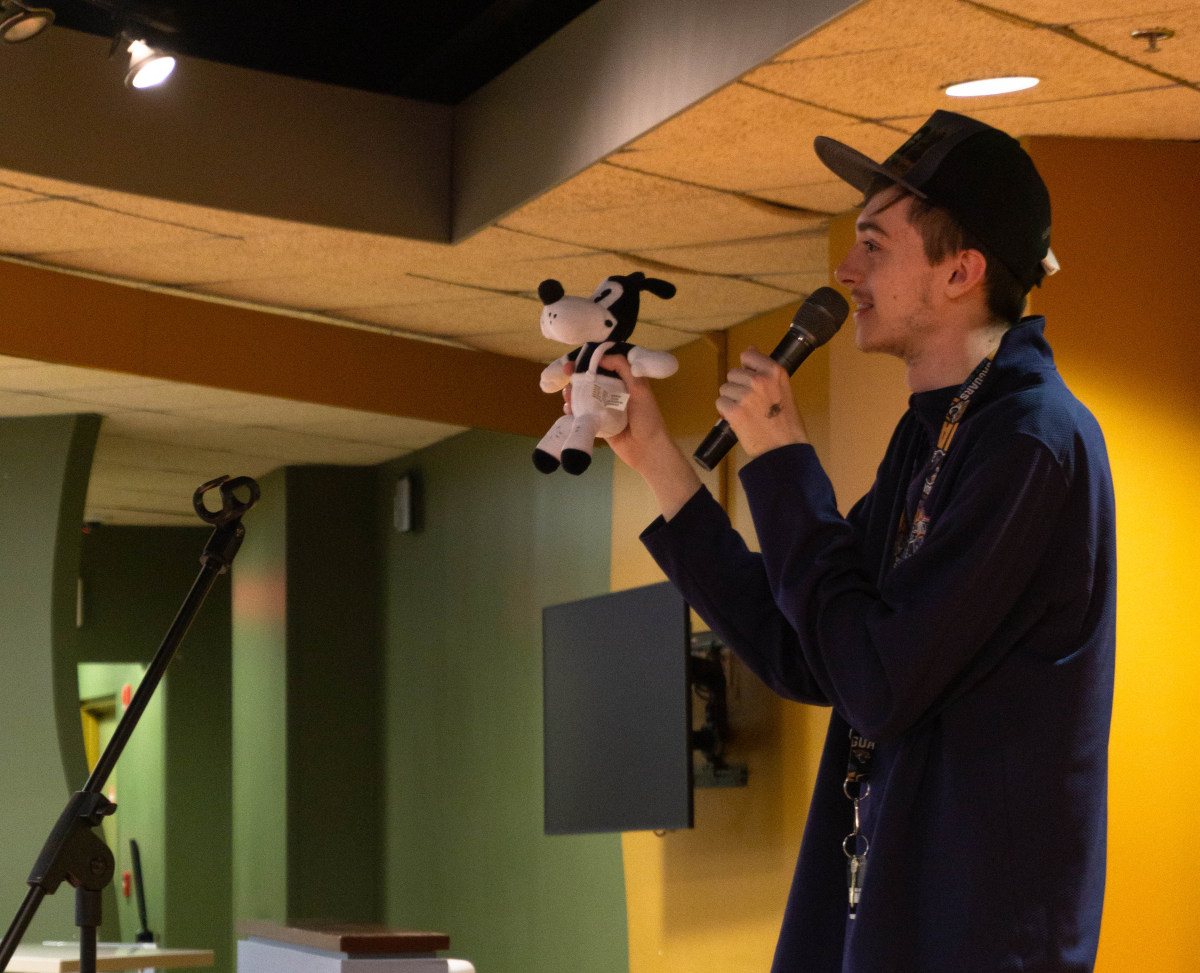On Monday, the Rowan Center for Holocaust and Genocide Studies held a presentation of Joe Berlinger’s documentary entitled, “Intent to Destroy.”
The film captures the true to life political difficulties of creating a domain overflowing with political concealment and dangers of countering.
In the film, Berlinger meets with scholars of history and researchers to talk about the Armenian Genocide by investigating the tangled snare of obligation that has driven a time of forswearing by the Turkish government and its key partners.
It documents the production of the 2015 film, The Promise, with a wide World War I wistful performance. Set in the center of the Ottoman Empire in the midst of the 1915 Armenian Genocide that wiped out 1.5 million Armenians, the film was arranged by Academy Award-winner Terry George.
Given unhindered on-set access, Berlinger sought after this creation as it was shot in Spain, Malta and Portugal, using the on-set out of sight understanding as a point of convergence to examine reality and complexities of the real genocide and its resulting renouncement.
This event was coordinated by Jody Russell Manning, professor of history and program director for the Rowan Center for Holocaust and Genocide Studies.
“I think education is always important and exposing students to things they did not know about or delving deeper into these issues of genocide,” Manning said. “Continuing education and discussing it, contacting government officials or talking with the community is very important.”
The center hosts programs throughout the semester such as films, research talks, guest scholar speakers and even a book club. It’s open not only to students, but faculty and the community as well, so anyone can join.
“[Even] just discussing denial, it’s not just in this case it happens continually with genocide, it is considered the last stage of genocide, that doesn’t stop,” Manning said.
Emily Sparks, a Swedesboro resident and optician, attended the event.
“It was very interesting and I learned a lot,” Sparks said. “I was never very interested in history growing up, so now I’m discovering an interest in it and anything I’m learning about now, I’m finding very fascinating, because I didn’t know about any of this before.”
She recommended other students join in the conversation and learn more about the topic.
Manning recommends attending the programs because of how diverse and critical the topic of genocide is, socially and politically. Unfortunately, genocide is global and continually happens all over the world.
To learn more about the Rowan Center for Holocaust and Genocide Studies, visit https://academics.rowan.edu/chss/centers/RCHGS/index.html
For questions/comments about this story, email [email protected] or tweet @TheWhitOnline.

























































































































































!["Working with [Dr. Lynch] is always a learning experience for me. She is a treasure,” said Thomas. - Staff Writer / Kacie Scibilia](https://thewhitonline.com/wp-content/uploads/2025/04/choir-1-1200x694.jpg)















































